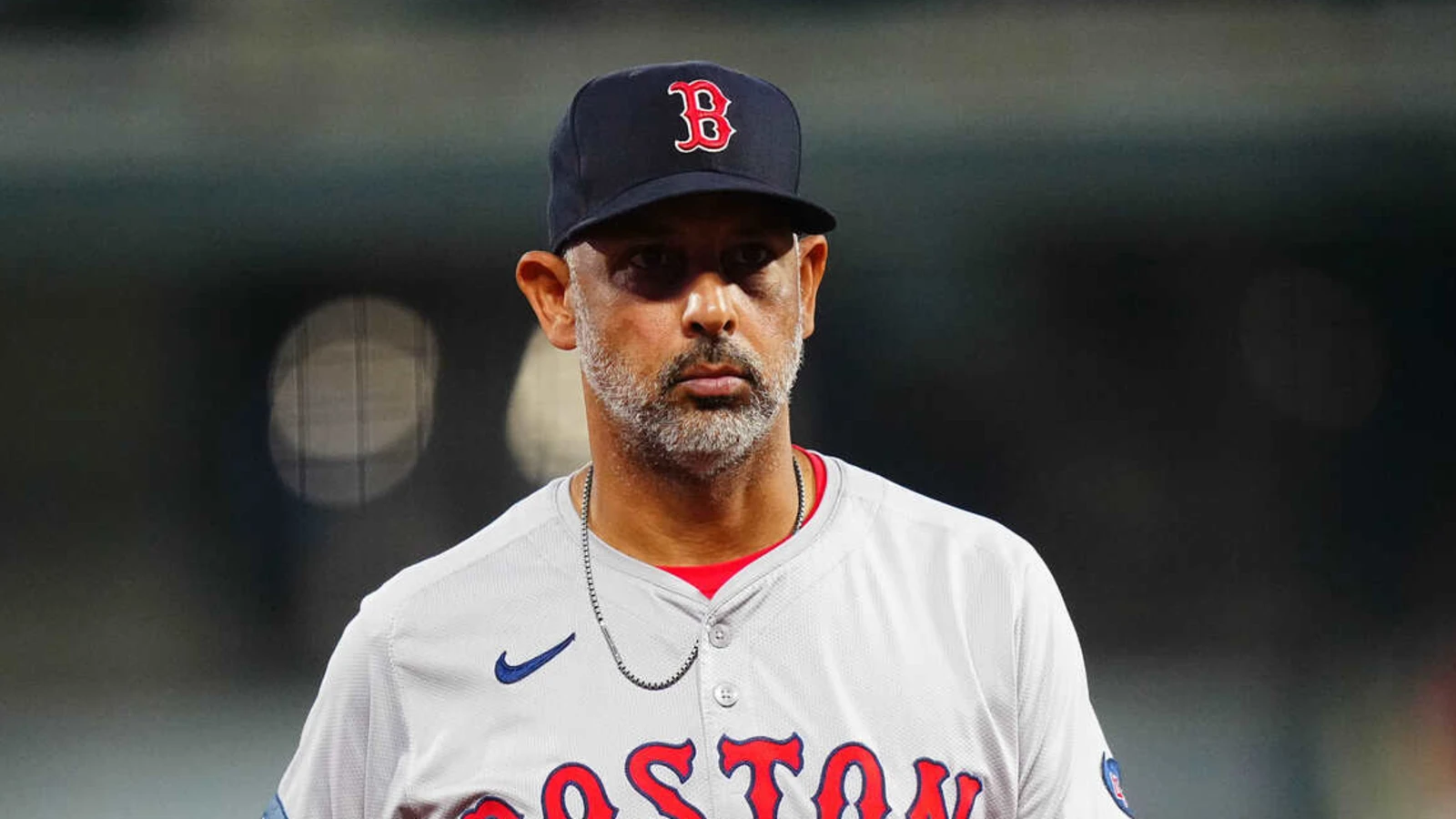
The Boston Red Sox, once the epitome of baseball excellence, are now struggling to stay relevant.
A team that basked in World Series victories in 2004, 2007, and 2013 is now mired in mediocrity, standing at a .500 record (70-70) with a bleak 8.2% chance of reaching the playoffs, according to FanGraphs. Their current five-game losing streak, coupled with a 5.5-game deficit from the last wild card spot, underscores a deeper malaise within the organization.
To understand the decline, we must delve into a series of strategic missteps and a concerning shift in team philosophy. The 2018 championship, though a high point under manager Alex Cora, obscured significant issues. That season, led by MVP Mookie Betts, was a fleeting moment of glory amidst underlying problems. Since then, Cora’s tenure has been marred by inconsistency and scandal, including involvement in multiple cheating controversies. His average of 83 wins per season—excluding the pandemic-shortened 2020 season—reveals a troubling pattern of mediocrity.
Despite these issues, Cora was rewarded with a contract extension through 2027, a decision that seems questionable given his performance post-2018. This extension has only fueled frustration, especially since Red Sox owner John Henry’s comments about the improbability of frequent championships have alienated fans. Henry’s assertion that winning titles is a rare occurrence has not sat well with a fan base accustomed to a higher standard, particularly when the team’s valuation stands at $4.5 billion with substantial revenue.
Compounding the problem is the organization’s shift from a big-market mindset to a small-market approach. Since 2020, the Red Sox have consistently remained below the Competitive Balance Tax (CBT) threshold, signaling a departure from aggressive spending. The trade of Mookie Betts in 2020 was a clear indicator that the team was no longer committed to spending to maintain competitiveness. In 2022, they spent $211.8 million against a $230 million CBT threshold, and this year, they are even lower at $189.2 million against a $233 million threshold. This conservative spending raises concerns about the front office’s dedication to building a competitive team.
The impact of this frugality is evident in player dissatisfaction. Stars like Rafael Devers, despite his recent extension, might be questioning their future with the team. Devers’ frustration with the media could reflect deeper discontent with the front office’s direction.
To reverse this decline, the Red Sox must abandon their penny-pinching approach and reinvest in their future. This requires more than just increasing payroll; it demands a robust scouting and development system to compete with more efficient smaller-market teams. Boston needs to focus on long-term success by investing in top-tier scouts and player development, ensuring they are not left behind. The Red Sox should not be making excuses but rather taking decisive actions to reclaim their status as a powerhouse.




